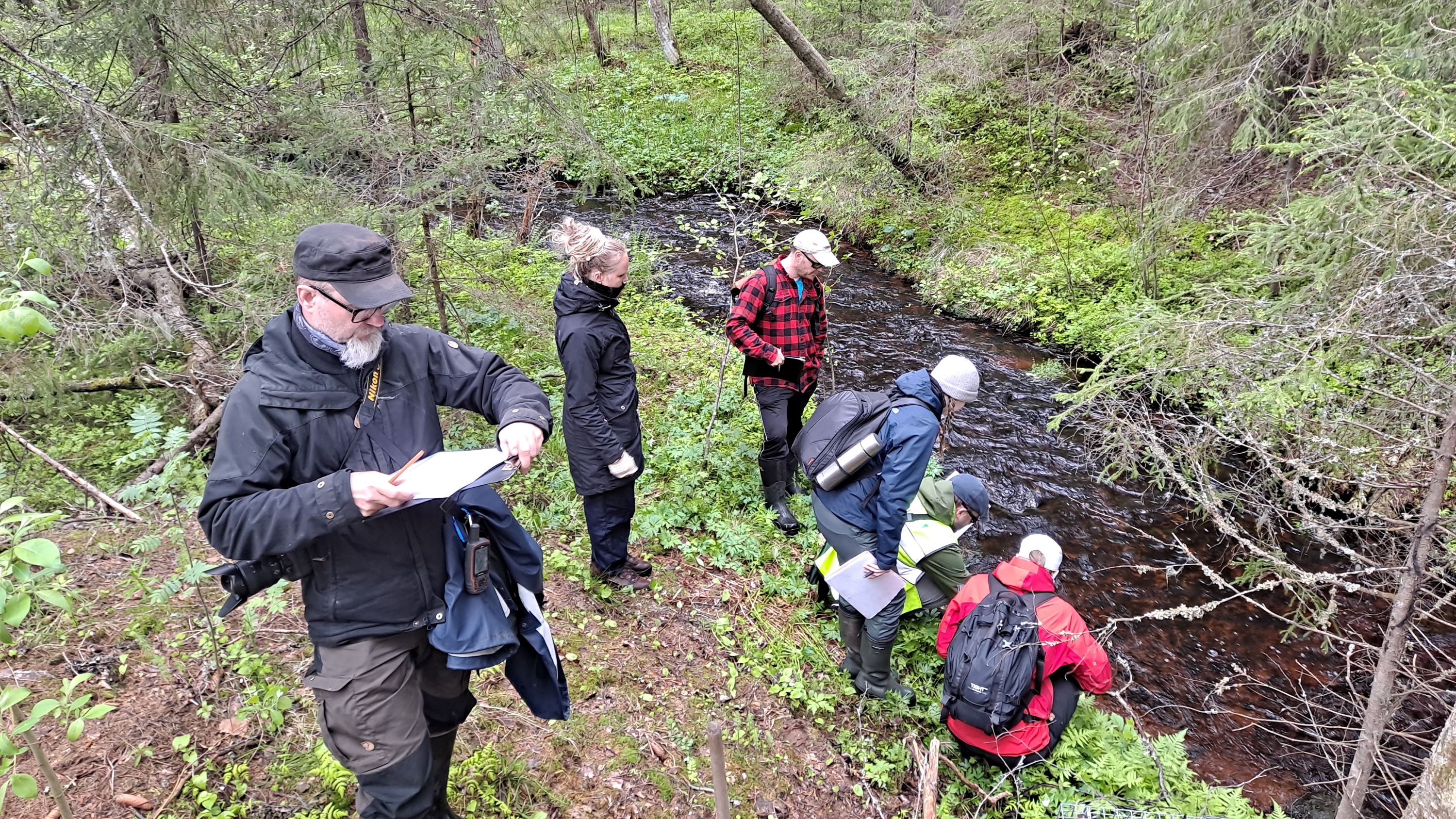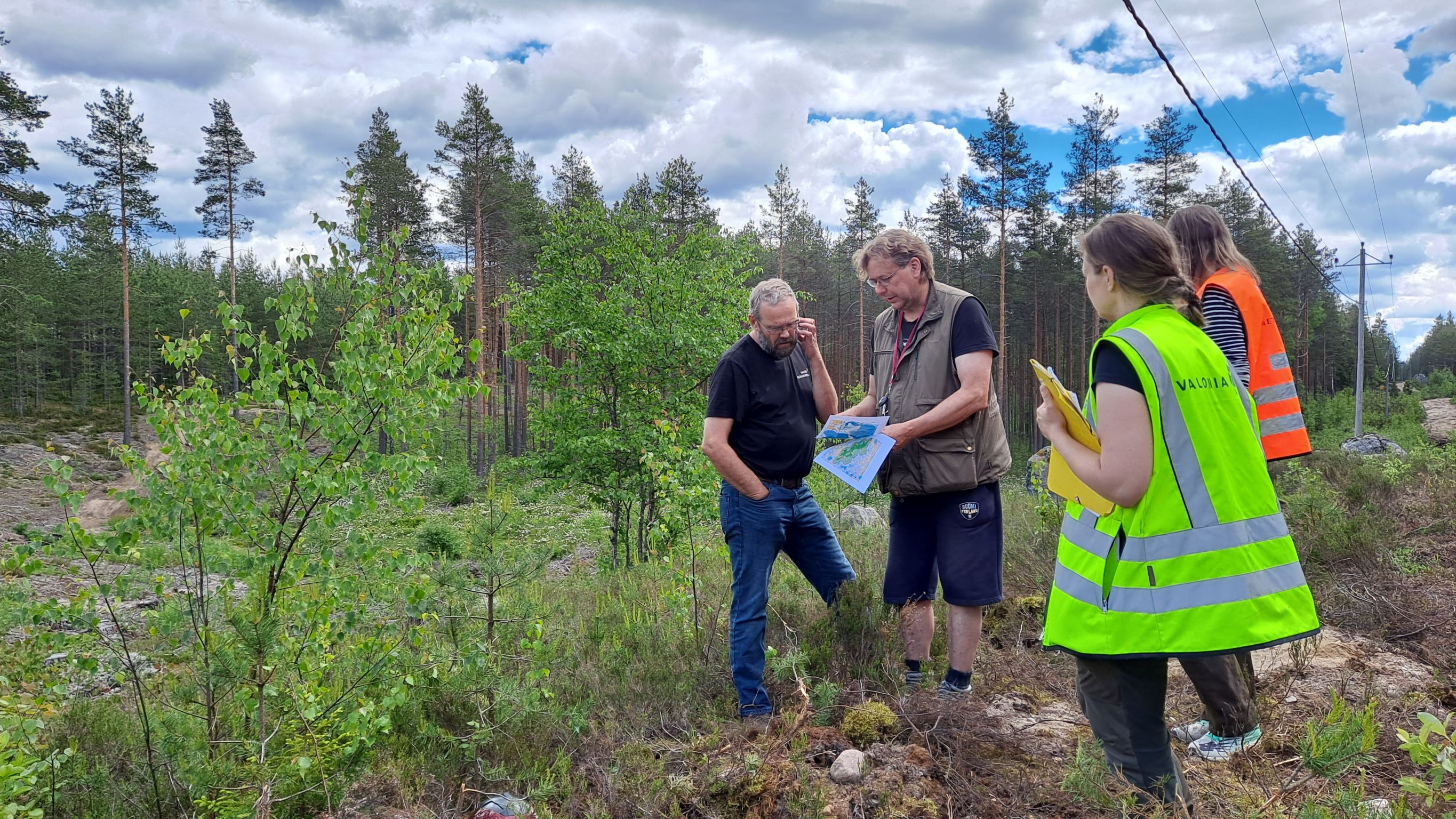Research and development projects in METSO and monitoring of the programme

© Janne Tolonen
How does the commercial use of forests affect biodiversity? What kind of nature management enhances biodiversity? Where to focus conservation efforts? How to spread the best practices of biodiversity management among forest owners?
Research
Research is a key element of the METSO Programme. The research and development projects of the METSO Programme give answers to the above questions.
More information about the results is available in the materials
Zonation is a spatial conservation prioritization software. In the implementation of the METSO Programme, Zonation is used to identify the most valuable forest areas that are also well-connected to other valuable forest sites and protected areas.
- Zonation supporting the implementation of METSO (syke.fi)
- Spatial conservation prioritization of Finnish forests for more sustainable land use planning (pdf)
Natural Resources Institute Finland (Luke) produces research-based information on the implementation of the METSO Programme objectives and development needs from a socio-economic and ecological perspective. Research topics include e.g. the ecological quality of the sites protected in the METSO Programme, impacts of forest management methods based on natural disturbance dynamics, and the development of the SuojeluMotti software to calculate the economic impact of temporary forest protection.
During the years 2003–2016, a lot of scientific effort was put into species research in the METSO Research programme of deficiently known and threatened forest species (PUTTE). We currently know that there are about 45,000 species in Finland, and about 1,600 of them are now known as a result of the PUTTE programme. Many species suffer from the commercial use of forests, especially because there is less decaying wood than before.
Read about the Research programme of deficiently known and threatened forest species (PUTTE) (ymparisto.fi)
Developing nature management
Projects developing nature management support the implementation of METSO in both commercial forests and protected areas. Knowledge of the impacts as well as new methods and practices enhance the positive effects of the measures on biodiversity and expand the use of nature management into different habitats. One aim is also to promote cooperation between different organizations and promote the use of nature management practices to forest owners and forest and environmental professionals. Development projects often include training and communication.
Although the projects act locally, the aim is to produce methods useful nationwide. So far there have been 31 different projects developing nature management within the METSO Programme.
Cooperation networks
The METSO Programme supports cooperation networks of forest owners and various forest professionals and other stakeholders. A good cooperation network is based on the commitment of all parties to safeguard forest biodiversity while also promoting the viability of the countryside. The networks can focus on themes such as enhancing nature management in forest habitats, developing recreational activities related to forest biodiversity and/or helping forest owners maintain forest landscapes. These projects also often include training and interaction between different stakeholders.
Cooperation networks may be managed by environmental or forestry organizations or by local associations. So far 25 different cooperation network projects have been implemented in the METSO Programme.

© Janne Tolonen
Monitoring of the programme
One of the measures of the METSO Programme is monitoring the ecological, economic and social impacts of the programme. The main responsibility for the monitoring lies with the Natural Resources Institute Finland (Luke) and the Finnish Environment Institute (SYKE). Luke and SYKE compile annual summaries on the implementation of the measures included in METSO.
Funding
The funding for research and development projects and monitoring is provided by the Ministry of the Environment and the Ministry of Agriculture and Forestry.
More information
Senior Researcher Kaisu Aapala [email protected], tel. +358 295 251 052 (Finnish Environment Institute, SYKE)
Research Scientist Terhi Koskela [email protected], +358 295 325 146 (Natural Resources Institute Finland, Luke)